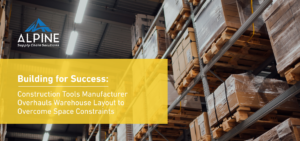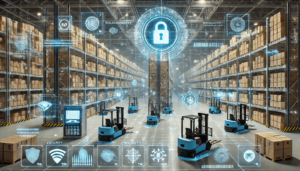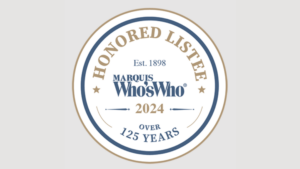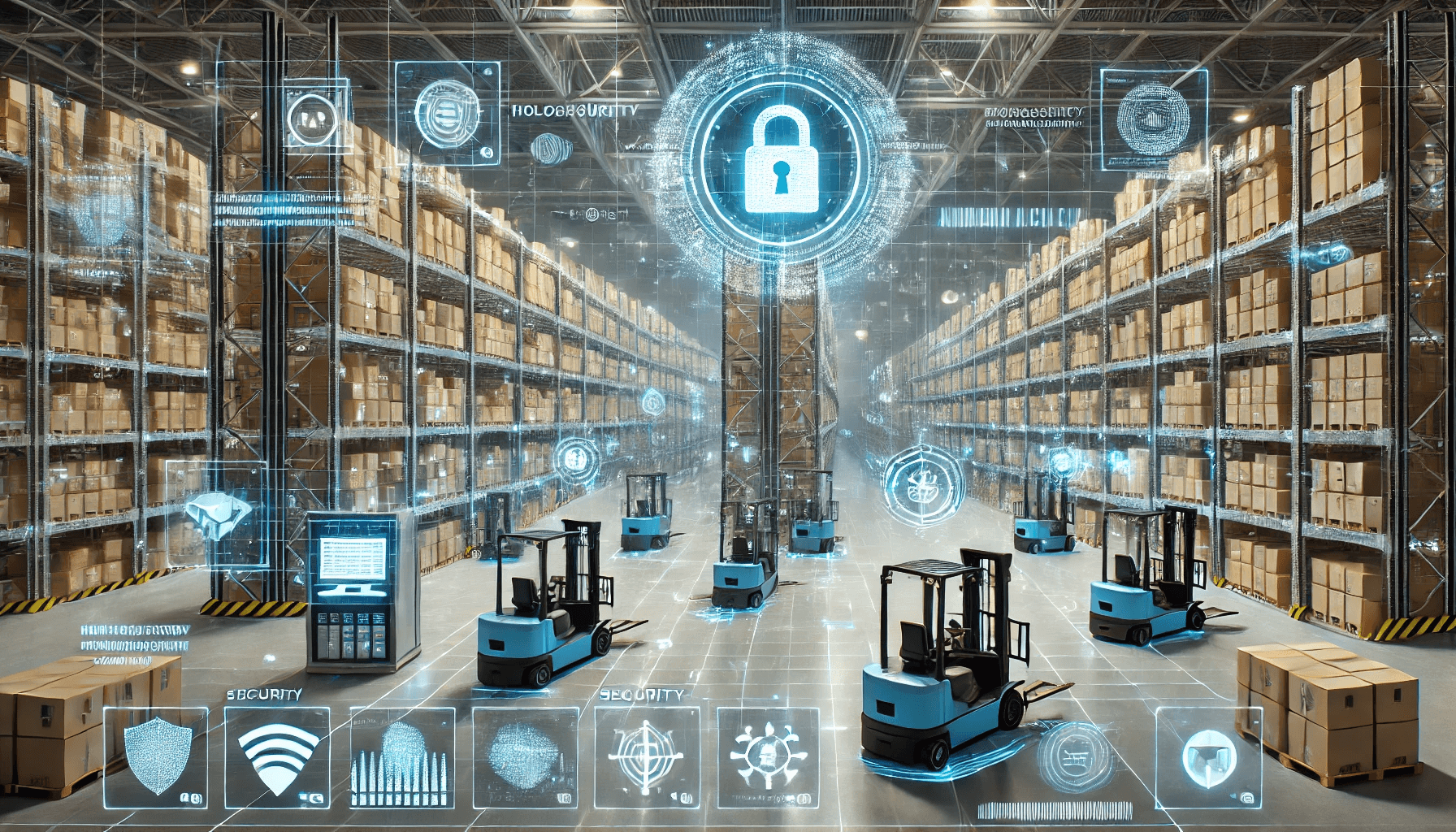Our partners at Deposco are experts in the supply chain space, providing next-generation omnichannel fulfillment supply chain applications designed to keep pace with modern commerce. Their expertise runs the gamut from warehouse management and demand planning to inventory planning, sourcing, and purchasing. They recently shared key insights they learned from Manifest, which inspired us to write about how embracing 3PL solutions is critical for 3PLs to enhance customer satisfaction, streamline operations, and stay competitive in today’s market. If you’re a 3PL, here are 4 things you should know about technology.
#1 Technology is your ally
Technology has reached a point of no return. It may seem obvious, but it bears mentioning that using technology to run operations is no longer a nice-to-have, it’s a business necessity. WMS technology is not just critical to improving service offerings, but also for retaining and attracting new customers.
An increasing number of customers are turning over systems responsibility with their committed volumes to 3PLs. Beyond simple fulfillment, 3PLs will be asked about warehouse, order, returns, and transportation management solutions. The 3PLs’ thoughtfulness in crafting a robust tech stack will be an indicator of how well the 3PL will handle the customer’s business.
According to Deposco, 93% of clients believe strong IT capabilities are important in a 3PL partner, but only 55% are satisfied with their 3PL’s IT abilities. This gap represents a business that might be looking at your competitors. There is room for improvement here, plenty of it.
The important thing to note here is that technology shouldn’t just be implemented for the sake of having it; technology must be thoroughly evaluated to ensure it’s improving your service offering and elevating the customer experience while supporting your bottom line.
#2 Technology powers customer satisfaction
Companies value the ability to provide customers with a superior experience. Technology that provides real-time visibility and insights that support the customer journey are key value drivers, but other services are just as critical, including:
- High-volume order processing – Ecommerce, B2B, Wholesale
- Diverse shipping options – DTC, BOSFS, BOPIS
- Real-time, accurate order tracking
- Distributed Order Management (DOM) to consider all accessible inventory
- Personalization such as final product assembly, kitting, labeling, invoicing, and packaging
- Easy returns management
- Custom reporting
- Support and reporting for green initiatives
3PLs looking to expand their technology offerings would do well to research which of these capabilities will provide them with a competitive advantage.
Just as in the first point, don’t dismiss that these are nice-to-haves. Customers are making decisions around these concepts. Remember, “table stakes” is a term because there will always be a bar to clear. As ‘amazing’ becomes ‘expected’, the absence of features could get you down-selected quickly.
Implementing new technology can be a challenge, but Alpine is here to support 3PLs looking to take that step. We recently worked with CJ Logistics on their WMS selection journey and documented the bulletproof approach we took to select a best-fit solution while avoiding the pitfalls that often derail the process. Learn about it here.
#3 Technology integrations are critical
One software solution to solve an entire operation’s needs just isn’t enough anymore. In addition, SaaS has made doing too many things in one solution undesirable to the customer. 3PLs that want to succeed will benefit from a thorough analysis of their business requirements to determine what software is needed to address all needs. It may be that a 3PL needs the functionality of a WMS along with other features found in a Labor Management System (LMS).
3PLs that invest in open integrations and API capabilities will be better suited to partner with different customers and their varying needs. Most clients are going to come with an existing tech stack that they want supported, and they’ll be very resistant to changing their systems to suit a 3PL. Having the flexibility to work with other technologies already in place will position your 3PL as a partner that does what it takes to ensure their customers are seen and their needs are accounted for. A 3PL that can take customers as they are will be immediately more desirable than one that can’t.
#4 The technology modernizes returns
The adoption of e-commerce and direct-to-consumer purchases has been monumental. This means the need to easily, efficiently, and effectively process returns is more important than ever.
Historically, processing returns was seen as a cumbersome, manual process with minimal upside. Modern returns solutions combine visibility and e-commerce that provide customer experience value while unlocking additional billable actions – like replacement shipments. Equipping 3PLs with the ability to seamlessly process returns is a smart way to invest in the health of a 3PL and its future growth.
According to Deposco, 40% of returned goods get liquidated, creating 5 billion pounds of trash in landfills every year. Embracing fulfillment automation that ties into WMS solutions will help minimize touchpoints, errors, and unnecessary costs associated with returns.
Integrating technology for 3PLs
3PLs striving to succeed in today’s competitive landscape can go far with the integration of technology into their operations. From enhancing customer satisfaction to streamlining operations and reducing costs, the benefits are clear. Alpine can navigate the complexity of technology implementation, no matter the size of the operation. For any 3PLs out there looking to embrace technology and seeking guidance, simply reach out!













